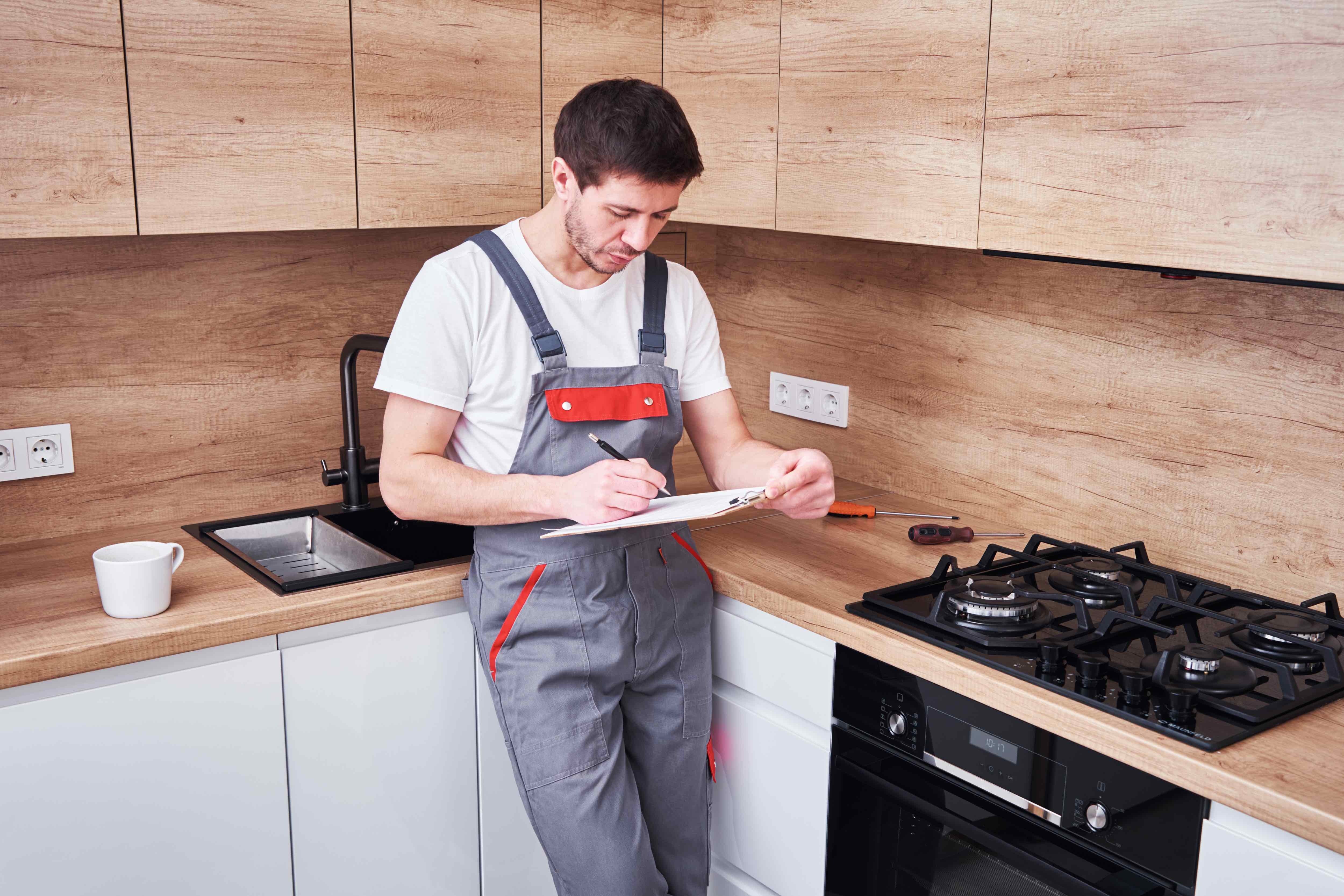Regular property inspections can keep a tenant happy and more likely to stay for the long term

The last week has seemed as if the whole country is witnessing a bonfire of the sanities. The calm of the mourning period following the passing of Queen Elizabeth II perhaps presaging in some ways what was to come next.
We’ve talked before - when Michael Gove was still DLUHC Secretary of State - about the headwinds the housing market, including the private rented sector, was and would be experiencing due to the follow on effects from the invasion of Ukraine, increasing energy prices and cost of living crisis. That now seems to have been a time of innocence.
As of now, the private rented sector and house buying sector could be said to be in the middle of a maelstrom rather than experiencing mere headwinds. There has already been much “shock and awe” reporting across the media spectrum and so there’ll be no need to reiterate any of that here but private rented sector landlords will need to be very focussed on protecting their assets - which are both the property and the tenancy - if they are to be able to at least steady their own boat.
Part of that will obviously include speaking with their own mortgage provider to see what the situation is but another part will involve tending to the tenancy. The latter of these has the benefit of showing the tenant that their landlord is engaged with the property and thus the well being of the tenant(s) rather than being distant and at arms length. It also means that the landlord can reassure themselves that they and their property are compliant with standards. This will reduce the risk of disrepair complaints (and potential council enforcement action, including imposition of civil penalties) and, where the property is subject to selective licensing, HMO licensing or Additional licensing, reduce the added potential risk of a rent repayment order being imposed.
One task that should not be put off is the property inspection. At the least these should take place once every 12 months and when they do take place they should be properly recorded, preferably also with a photographic record.
From 1st October 2022 new smoke and carbon monoxide regulations come into effect so any private rented sector landlord will need to check (or ensure that their managing agent or property manager checks) that their property is compliant as, if the property is non compliant, the landlord can be hit with a £5000 fine by the local authority where the property is located. Government guidance on the regulations can be accessed here but if as a landlord you don’t know whether you are compliant you will need to make an inspection visit asap to check. This will also put your tenant at ease.
Inspecting a property to check on smoke and carbon monoxide alarm compliance will also mean that you can check on other potential hazards such as damp and mould or trip hazards. These are the highest ranking serious hazards in a list of what the NHS is having to deal with in terms of treatment resources utilized in dealing with patients living in the private rented sector.
Of course a so called “rogue landlord” will not be interested in dealing with these problems despite the risk of hefty fines but a landlord looking to steady their asset boat will be. So, a regular inspection is just one simple way to help sustain an otherwise stable tenancy (where rent is paid regularly and there is no anti-social behaviour) for the long term during an extremely turbulent market situation.
